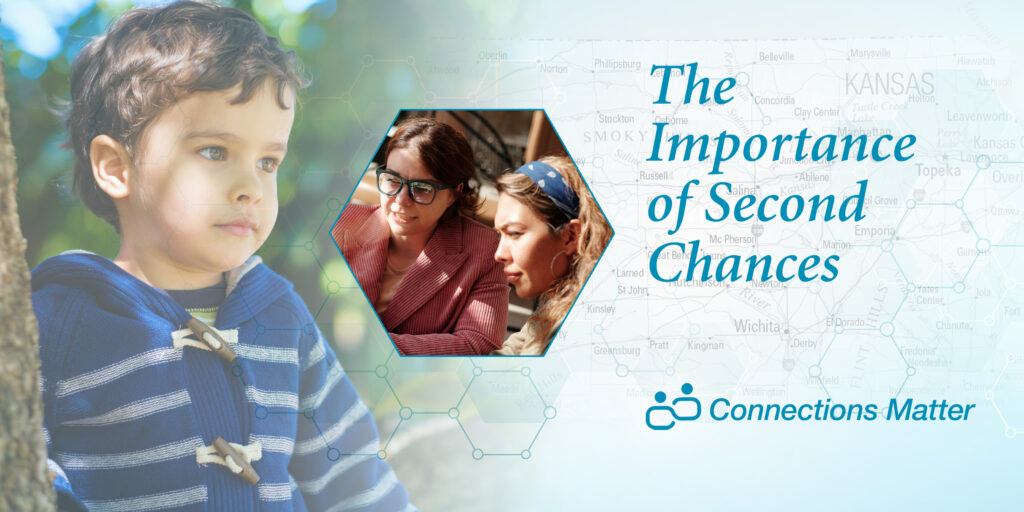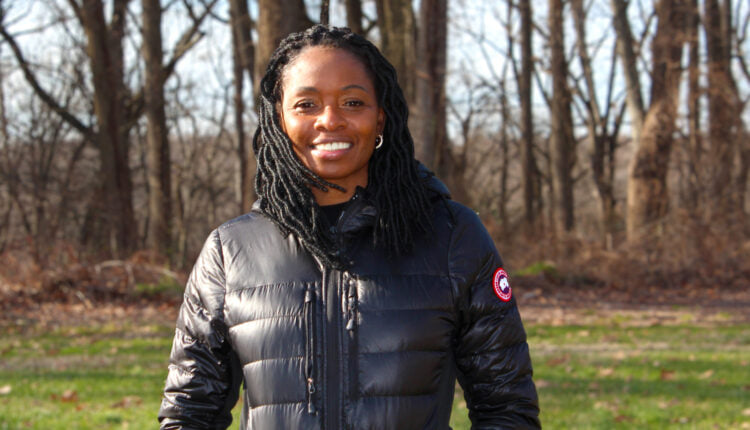The authors open up the first half of the book by sharing their harrowing early life experiences of extreme poverty, abuse and neglect. The second half examines the residual impact of their childhoods and shows their individual quests towards healing. In their book’s introduction, Justin and Alexis tells readers why they have chosen to write about their life stories:
“We are not perfect, nor are we experts. The purpose of this book isn’t to tell people how their relationship should work or even to serve as a model relationship for others. It is only to share our experiences and show people that there are healthy ways of loving [and] that we all have the power to build a life of our choosing. We see it as our duty to help others, because so many people have poured love and support into our lives and helped us get to where we are today.”
Hoping their book will help current and former foster youth heal and learn from their stories, Alexis and Justin also wrote Redefining Normal to solidify their own relationship before they got married. They were able to strengthened their bond through reflection and painfully honest self-examination. This writing process was important to them because they know what unhealthy relationships look like. Justin and Alexis did not want to repeat cycles of behaviors that they learned from their families.
By book’s end, readers will get the feeling that the authors will continue to break the generational cycle of trauma that’s often normalized with children in foster care. Readers will also be inspired by how Alexis and Justin were both able to survive their childhoods and redefine their normal as adults.
Special editor’s note: Redefining Normal contains mentions of domestic violence, trauma, sexual assault, and other difficult issues faced on the road to healing.
This blog post is part three of a three-part series featuring Justin and Alexis Black, co-authors of “Redefining Normal: How Two Foster Kids Beat the Odds and Discovered Healing, Happiness, and Love.”


